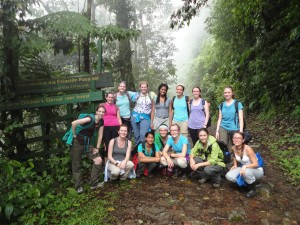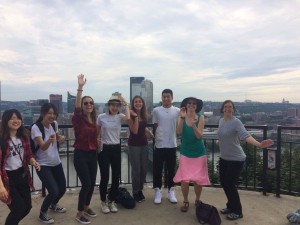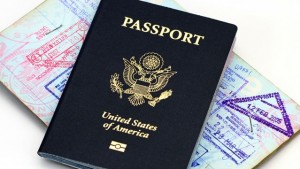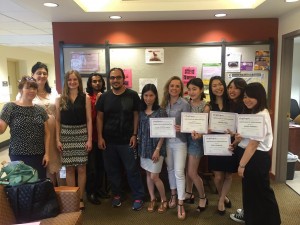By Mohammed Almalky, former ELP student, MS Biology graduate
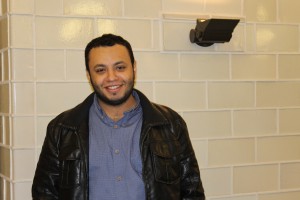
My name is Mohammed Almalky. I came to the U.S in 2012 to learn English. I used to learn English in Saudi Arabia, but I was not effective because I did not use English often. I faced many challenges in learning English, yet I have found different ways to overcome these challenges. When I first came to the U.S.A, I would talk for an hour with a native speaker, and at the end of the conversation they would ask me, “What you are talking about?” As you can imagine, it was difficult to find a native speaker who was willing to spend time and talk with me. Of course, they would be more interested in talking with someone who they could have a smooth conversation with. Thus, to attract them to have a conversation with me, I invited them to parties and restaurants so they would come and enjoy the parties and meals and I would enjoy speaking with them.
The second challenge I faced was learning the meaning and the use of words. When I learned new vocabularies by translating them from English to Arabic and vice versa, I thought I got the meaning, but in fact the use of the words was different. For example, in Arabic the word “calendar” has two different meanings: dates and dental braces. So when I went to the dentist in the U.S., instead of asking for braces, I asked him for a calendar and he gave me a folder. I realized that he misunderstood me because of my English.
The third challenge and biggest challenge is learning English pronunciation. For instance, in English they have the two different sounds p and b while in Arabic we only have the sound b. One time I had an appointment with a native speaker and he called me and asked “Where are you?” I said, “I am outside.” When I arrived he asked me again, “Where have you been?” I said, “I was barking on Fifth Ave.” He said, “Why didn’t you come and bark here!” I did not understand what he meant. After three months he said, “Your English is getting better. Do you still bark?” I could then answer, “No, now I am parking”. After several semesters of studying English, my English greatly improved. I got admitted to study a Master degree in Biology. As a biology student, I now know words that many native speakers do not know, such as anastomose, decussate, osteoclasts, and lipolysis. After looking back at my experience, I can confidently conclude that you never fail until you stop trying.

